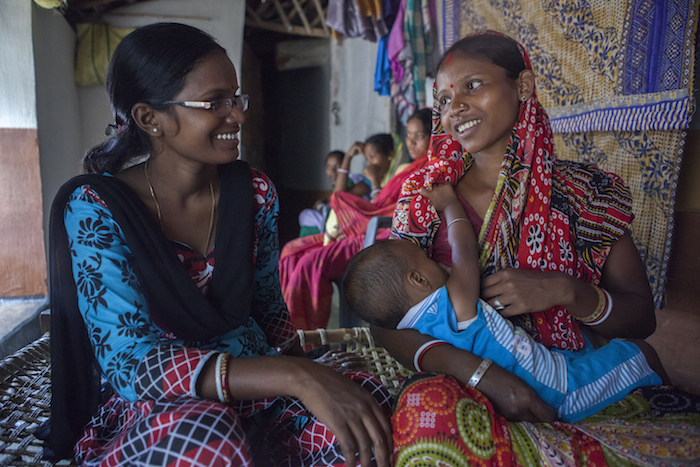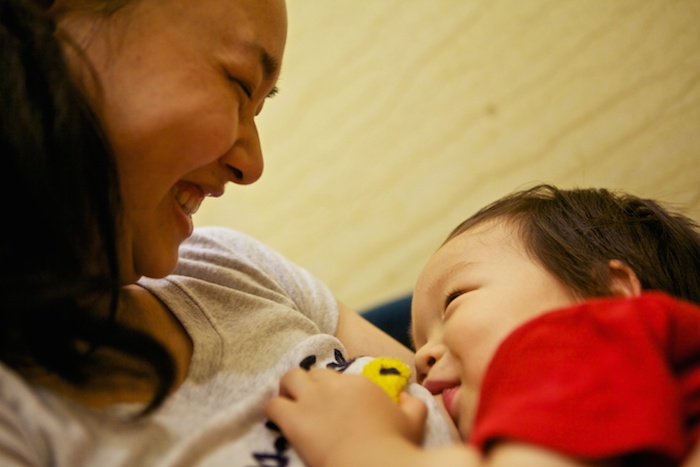REPORT from ACTED
Published on 07 Nov 2018
From emergency to resilience: Protecting children in crisis contexts
When disaster strikes—be it violent conflict, economic downturn, pandemic or a natural event—children are among the most vulnerable to negative effects. Children may fall victim to any number of threats, including psychosocial distress, family separation, interruption in education, physical and emotional abuse, trafficking and neglect. Through our work in protection, education, resilience and risk reduction, ACTED places the safety and well-being of children at the centre of our programming.
PROTECTING CHILDREN, SUPPORTING RESILIENCE, REDUCING RISKS
Child and youth friendly spaces
To enhance the protective environment of children during emergencies, ACTED establishes mobile and static Child and Youth Friendly Spaces. These spaces provide at-risk children with a safe environment in which to learn, play, grow and socialize while developing physically, mentally, emotionally and spiritually. Supervised recreational, educational and psychosocial support activities raise awareness of the risks to children and mobilize communities in enhancing their protective environment.
Education in Crisis
In crisis-affected zones, ACTED provides emergency education to support out-of-school children and youth and to sustain previous achievements. ACTED’s interventions aim to reach all school-age children and to support community committees of education structure schools and classes. Education in crisis programming also includes training for community teachers and child-friendly spaces animators, improving the quality of education and ensuring the long-term sustainability of educational programmes in crisis-affected areas.
Among other life-saving services provided immediately post-crisis, ACTED is innovating our services by including flash interventions with contingency education.
Crisis Protection Case Management
To help at-risk children develop the positive coping skills they need to become resilient, ACTED provides case management to individual children and their families. Case Management is a way of organizing and carrying out work to promote the well-being of children and their families in an appropriate, systematic and timely manner.
Through direct support and/or referrals—and in accordance with a project or program’s objectives— case management services help reduce protection risks and increase protective factors for children. ACTED’s case management strategy places the best interest of the child at the forefront of all decision making. This case-by-case approach strengthens both the child and the family’s resilience to risks and stressors.
Capacity Building
ACTED is focused on supporting local communities increase their capacity to protect and support children. Through child safety audits, child protection mainstreaming, training, mentorship, awareness raising, outreach and community mobilization, we are working to ensure a safer future for vulnerable children.
CHILDREN ARE MOST AT RISK AND CONSIDERED TO BE A VULNERABLE GROUP BECAUSE:
Children are comparatively less physically/mentally/emotionally capable or resilient than adults
Children, from birth to adulthood, go through a process of total dependence to independence in which they are exposed to risks.
Children are most at risk of abuse, exploitation, neglect and violence at the hands of adults due to their vulnerability
Depending on the stage of childhood development, children have different levels of language, literacy, knowledge, resources, skills, capacity which determine how they can and cannot interact with adults and seek support
ENHANCING POSITIVE COPING MECHANISMS
Safe spaces for disaplced children in Iraq
For ACTED in Iraq, child protection is one of the core sectors of intervention.
1.4 million children have been displaced within the country since 2014, causing widespread vulnerabilities like psychosocial trauma, family separation, injury and more. That is why ACTED implements several child protection projects which aim at providing both case management and psychological support, non-formal education and recreational activities to displaced boys and girls, living in and out of camps in Iraq.
In Mosul, for example, ACTED’s Child and Youth Friendly Spaces support 3,500 conflict-affected children and youth, providing access to the psychosocial support and education they need to cope, recover and thrive.
Emergency education in Central African Republic
ACTED supports emergency education activities in CAR for children who have dropped out of the school system due to conflict and displacement.
In Obo, ACTED is renovating classrooms and training parents in basic pedagogy. This August, 650 children – from displaced or non-displaced families and from different religious and ethnic groups – returned to school in Obo. ACTED’s educational programming builds social cohesion while allowing children in conflict-affected communities to continue their studies in a safe and structured environment. As part of ACTED’s mission to support the sustainable development of vulnerable communities, the emergency education program in CAR provides youth with the tools they need to become the future leaders of resilient communities.
More on ACTED’s work to protect children during crises:
More on ACTED’s work to protect children during crises:





















